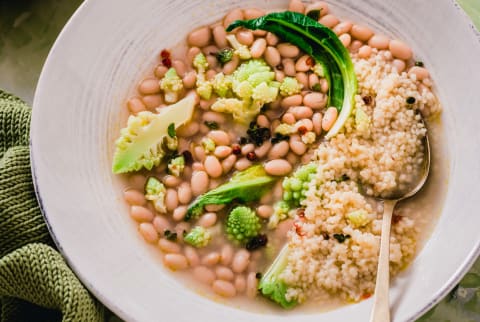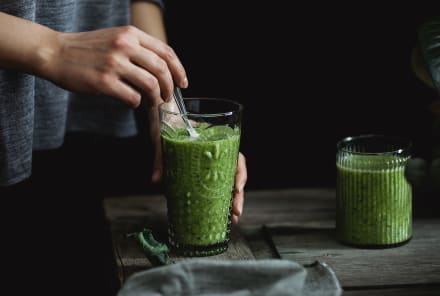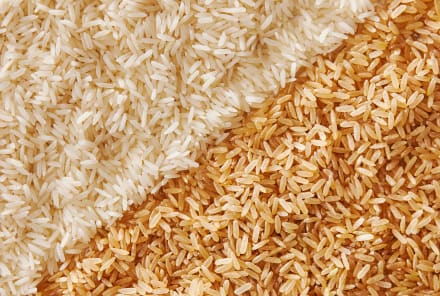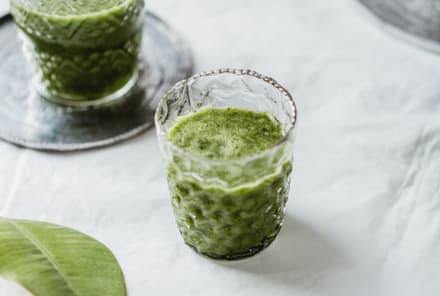Advertisement
Are You Getting Enough Protein? Probably Not, Research Says


If a snack is high in protein, you'll probably know it. Think about it: Protein contents are typically plastered all over the packaging as a major selling point. Despite its rise to fame as the star macronutrient, new research1 says we're still not eating enough.
A study out of Ohio State University and Abbott found over a third of adults in the U.S. are lacking when it comes to their protein intake by up to 30 grams per day. This is more than half of what the FDA recommends for the average person. What's more? Researchers also surveyed over 11,000 people over the age of 50 and found that this lack of protein also led to worse physical well-being.
If protein-packed products seem to sell like crazy, what's causing this gap? Researchers chalk it up to poor general diet as most of those missing out on protein also eat less nutrient-dense foods overall. They're also lacking a bunch of important vitamins and minerals found in these nutrient-dense foods, like choline, vitamin C, vitamin D, and zinc.
This can spell trouble for us, especially as we age. Protein is widely known as essential for building and maintaining muscle, but insufficient protein can rear its ugly head in a bunch of different ways as it has a huge effect on your immune system2, injury recovery3, and mood regulation.
Although the FDA says 50 grams should be the goal for each person's daily protein intake, the amount of protein you should actually be getting can vary from person to person. Age, body weight, and activity level all play a part in shaping your protein goals. Experts typically recommend 0.8 to 1.0 gram of protein per kilogram of body weight, but this is just a starting point that should be adjusted based on other lifestyle factors.
If you're hard-pressed for protein, there are tons of easy and delicious ways to sneak more into your day, like adding some high-quality protein powder into your smoothie or supercharging your breakfast. Whether you're a meat-eater or more plant-based, keeping tabs on your protein intake can keep you both satiated, strong, and, frankly, sane.
Watch Next
Enjoy some of our favorite clips from classes
Enjoy some of our favorite clips from classes
What Is Meditation?
Mindfulness/Spirituality | Light Watkins
Box Breathing
Mindfulness/Spirituality | Gwen Dittmar
What Breathwork Can Address
Mindfulness/Spirituality | Gwen Dittmar
The 8 Limbs of Yoga - What is Asana?
Yoga | Caley Alyssa
Two Standing Postures to Open Up Tight Hips
Yoga | Caley Alyssa
How Plants Can Optimize Athletic Performance
Nutrition | Rich Roll
What to Eat Before a Workout
Nutrition | Rich Roll
How Ayurveda Helps Us Navigate Modern Life
Nutrition | Sahara Rose
Messages About Love & Relationships
Love & Relationships | Esther Perel
Love Languages
Love & Relationships | Esther Perel











